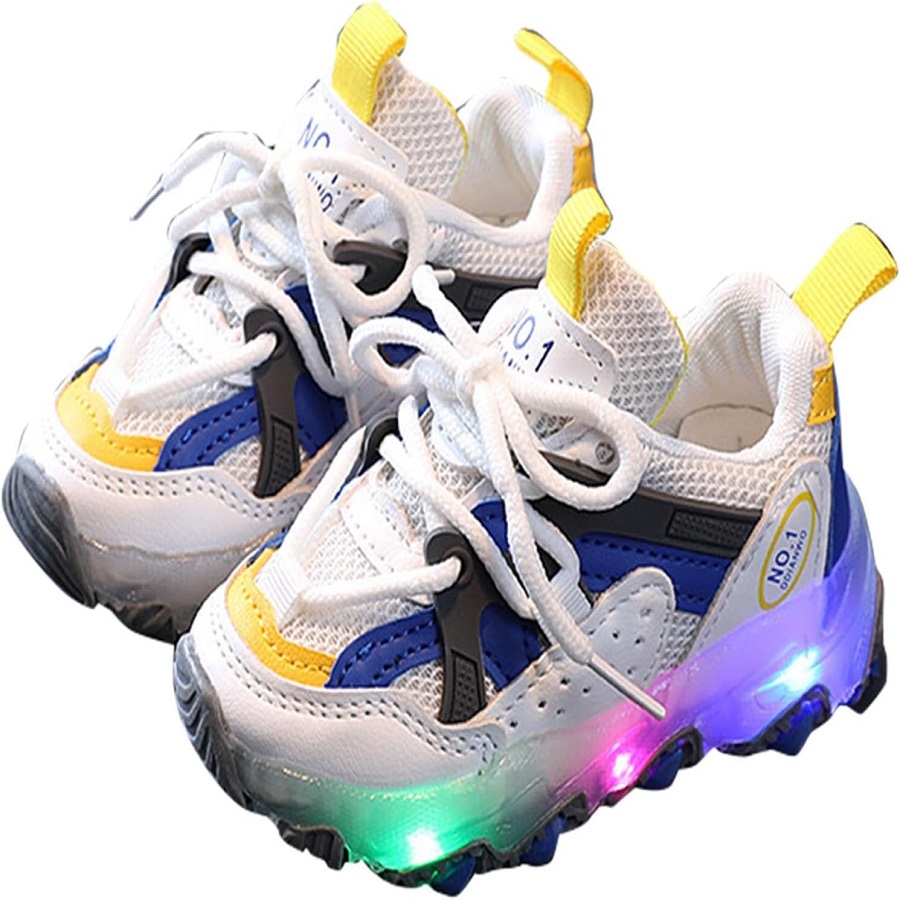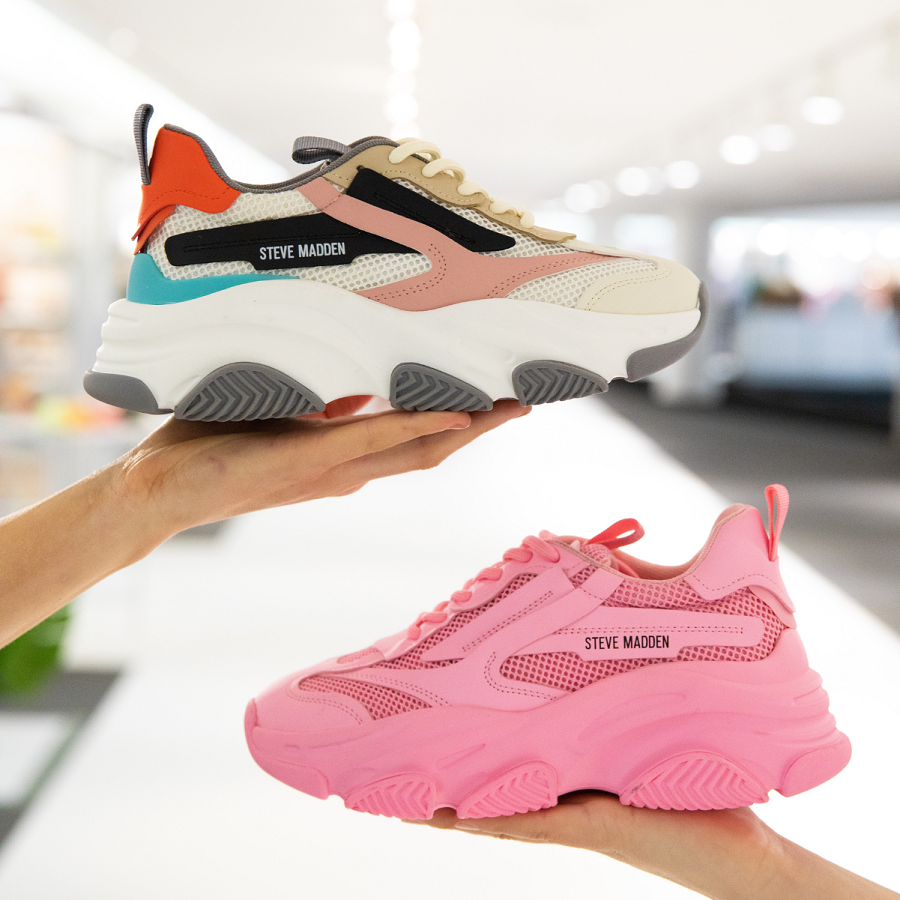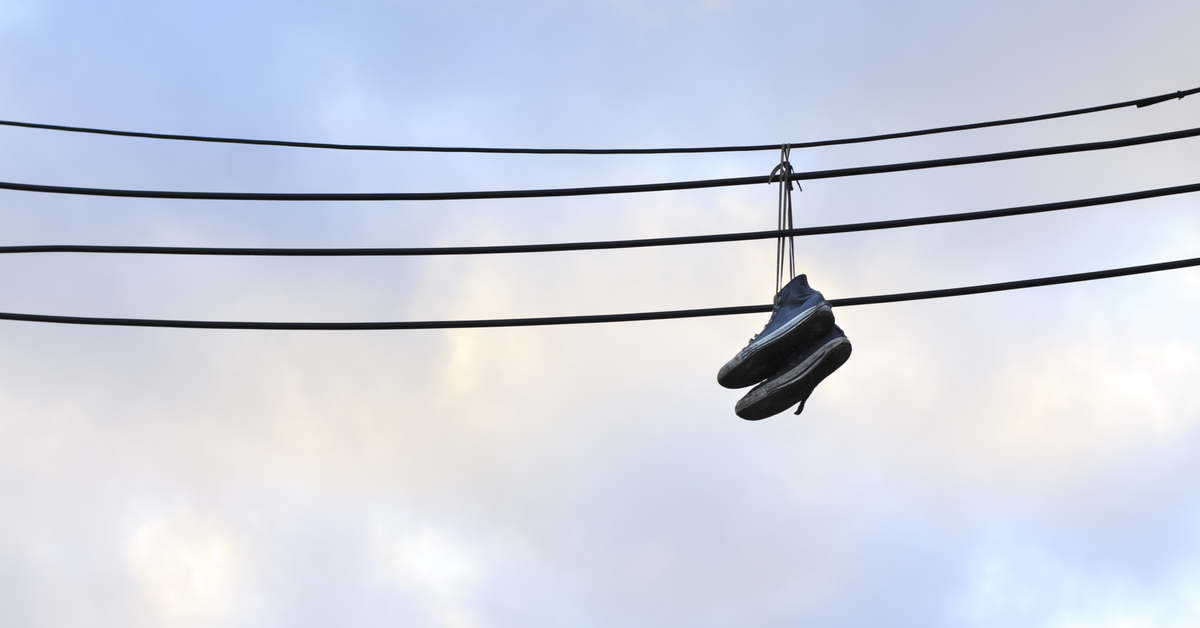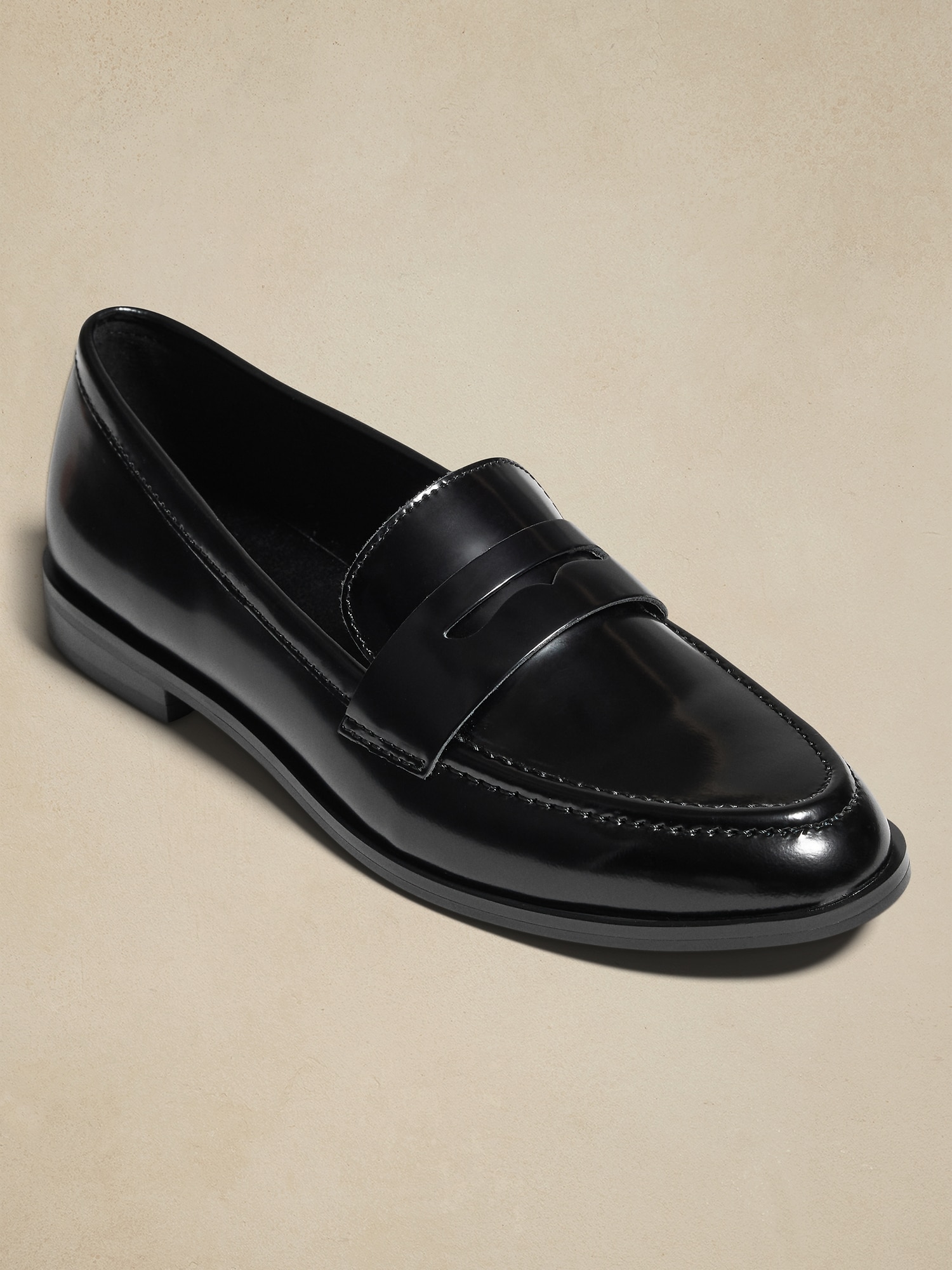Signs It’s Time for New Shoes In Valentine’s Day
Recognizing when it’s time to purchase new shoes is crucial for maintaining foot health and comfort. Here are some clear signs:
- Uncomfortable Fit: If your shoes no longer feel comfortable and cause pain, it’s time for a replacement.
- Worn Sole: Check the sole for significant wear. If it’s smooth or the pattern has faded, the shoes won’t provide good traction.
- Uneven Sole Wear: Uneven wear can indicate it’s time for new footwear to avoid foot and ankle strain.
- Damaged Upper: Look for tears or damage to the upper part of the shoe. Such damage can compromise support.
- Persistent Smell: A lasting bad smell often means bacteria and fungus might have taken hold, which suggests new shoes are necessary.
- Aging Insoles: If the insole is visibly worn or doesn’t bounce back, consider replacing the shoes.
Heed these signs to ensure your footwear supports your needs. Remember, new shoes can rejuvenate your feet and improve your overall well-being. Use the keyword ‘how often should you buy new shoes’ to get more insights into optimal replacement times for various shoe types.
 The Lifespan of Different Shoe Types In Valentine’s Day
The Lifespan of Different Shoe Types In Valentine’s Day
Understanding the expected lifespan of different shoe types is key to knowing when to purchase new ones. Here’s a guide:
- Athletic Shoes: Typically, replace these every 300 to 500 miles of wear, or every 6 months.
- Dress Shoes: With less frequent use, these can last several years with proper care.
- Work Boots: Durable work boots can withstand 1-2 years of daily wear.
- Children’s Shoes: Kids outgrow or wear out their shoes every few months.
- Sandals/Flip-flops: Expect to get a new pair each season due to lighter construction.
Use the phrase ‘how often should you buy new shoes’ to help determine the replacement frequency for your specific lifestyle and shoe usage patterns.
How Shoe Condition Impacts Your Health In Valentine’s Day
Your shoes do more than complete your outfit; they play a significant role in your health. Let’s explore how:
- Foot Support and Alignment: Properly conditioned shoes offer support and maintain alignment of your feet, ankles, and hips. Worn-out shoes can lead to misalignment, resulting in pain and discomfort.
- Injury Prevention: Well-maintained shoes can prevent injuries. Shoes that have lost their cushioning or structural integrity can contribute to accidents or falls.
- Reduced Shock Absorption: As shoes wear down, they lose their ability to absorb shock. This puts extra stress on your joints, which can cause pain and long-term damage.
- Skin Issues: Damaged shoes can cause blisters, corns, and calluses. Open areas can also expose your feet to infections.
- Posture Problems: Shoes in poor condition can affect your posture. Bad posture can lead to back and neck pain, impacting overall health.
- Bacterial and Fungal Infections: Old shoes often harbor bacteria and fungi. This can lead to foot conditions like athlete’s foot.
Keep these impacts in mind and use the keyword ‘how often should you buy new shoes’ to stay informed about when to refresh your footwear. Your feet will thank you for it.
The Role of Activity Level in Shoe Replacement
Activity level greatly affects how often you should buy new shoes. For those who are active and often engage in sports or other physical activities, shoes may need to be replaced more frequently. This is due to the increased wear and tear from movements and impacts that active lifestyles impose on footwear. On the other hand, people with more sedentary lifestyles may find their shoes last longer due to less frequent use.
When considering activity level, here are key points to remember:
- High-impact Activities: Activities like running or basketball put much stress on shoes, shortening their lifespan.
- Daily Use: If you wear the same shoes every day, they’ll wear out quicker than shoes worn less often.
- Specialized Footwear: Shoes designed for specific activities, such as hiking boots or cycling shoes, may have different replacement times based on how regularly they are used.
- Signs of Wear: Pay attention to the signs of wear we discussed before. Active users will likely notice these signs sooner.
- Shoe Rotation: Having multiple pairs and rotating them can reduce the stress on a single pair, extending overall shoe life.
Ultimately, to keep feet healthy and avoid discomfort or injury, monitor your shoes’ condition and replace them as needed, considering how often and how intensely they are used.
Making Your Shoes Last Longer: Care and Maintenance
Proper shoe care can extend their lifespan and make them more comfortable. Here’s how to do it:
- Clean Regularly: Remove dirt with a soft cloth or brush after each wear.
- Dry Properly: If shoes get wet, let them air dry away from direct heat which can warp the material.
- Shoe Inserts: Use quality shoe inserts to help maintain shape and support.
- Alternate Pairs: Rotating between shoes avoids overuse and allows them to recover.
- Proper Storage: Store shoes in a cool, dry place and avoid piling them up.
- Repair Early: Small issues like loose soles or worn laces can often be easily fixed before they cause more damage.
Follow these steps and remember ‘how often should you buy new shoes’ to balance care with replacement needs.
Budgeting for New Shoes: Cost vs. Quality
When shopping for new shoes, finding the balance between cost and quality is key. Here are some important considerations to keep in mind:
- Set a Realistic Budget: Decide how much you want to spend before you start shopping. This helps avoid overspending on unnecessary features.
- Invest in Quality: Sometimes, spending a bit more upfront for well-made shoes can lead to long-term savings as they last longer.
- Cost-Per-Wear: Consider how often you’ll wear the shoes. High-frequency use justifies a higher price for better quality.
- Check for Deals: Look out for sales or discounts, especially for high-quality brands, to make your money go further.
- Prioritize Needs: Put more budget into shoes you need for daily activities or work, as they sustain more wear.
- Cheap Isn’t Always Better: Low-cost shoes may end up costing more if they need frequent replacement.
- Watch for False Economies: Buying several cheap pairs might seem like saving, but if they all wear out fast, it’s not a good deal.
Remember to ask yourself ‘how often should you buy new shoes’ when budgeting. This helps you plan for replacements and avoid unexpected expenses. Practice these principles and you’ll make smart choices that are good for your feet and your wallet.
Tips for Shopping for New Shoes
When it’s time to shop for new shoes, keeping some tips in mind can help you make wise choices. Here’s what to consider:
- Do Your Research: Before you buy, look up different brands and styles. Knowing options and reviews helps you find the best fit for your needs.
- Measure Your Feet: Feet can change over time. Measure them before shopping to ensure you get the right size.
- Shop Later in the Day: Your feet swell as the day goes on. Shop in the afternoon or evening for a better fit.
- Wear the Right Socks: Bring the socks you plan to wear with your new shoes. This ensures they fit with the socks’ thickness.
- Walk Around: Always walk around the store to see how the shoes feel. They should be comfortable from the start.
- Check the Return Policy: Make sure you can return the shoes if they don’t work out once you get home.
- Use ‘how often should you buy new shoes’: Keep this in mind so you don’t overbuy and can plan for the next pair.
By following these tips, you’re more likely to find the perfect pair of shoes that offer comfort, support, and style. Remember not to compromise on quality, especially for shoes that you’ll wear often. Invest in your feet; they carry you everywhere.
Recycling and Disposing of Old Shoes Responsibly
When your shoes reach the end of their lifespan, disposing of them responsibly is essential. Here’s how to do it right:
- Research Recycling Programs: Look for local shoe recycling programs. These can turn old shoes into playground materials or new products.
- Shoe Donations: If your shoes are still wearable, consider donating them to charity organizations. Your old shoes can help others in need.
- Repurpose for Home Use: Use old shoes as gardening shoes or for other messy home tasks where fashion is not a priority.
- Check with Local Shoemakers: Some shoemakers may take old shoes to harvest usable parts for repairs or to refurbish and resell.
- Upcycle: Get creative and turn old shoes into art or new items for your home.
- Dispose Properly: If recycling or donating isn’t an option, make sure to throw away shoes in a way that complies with local waste management policies.
Remember, responsible shoe disposal helps reduce landfill waste. It’s a small step that supports our planet. Keep the phrase ‘how often should you buy new shoes’ in mind as you manage your shoe collection, ensuring that you are thoughtful about both acquisition and disposal. Your choices matter for your foot health and the environment.




